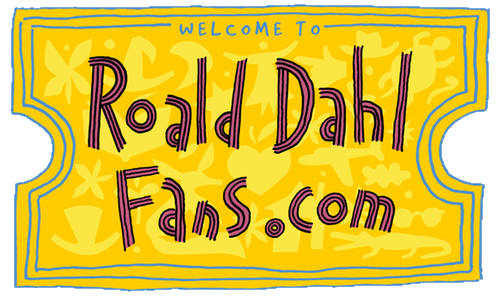This review was written by Walter F. Kerr as a “New York Herald-Tribute-Post-Dispatch Special Dispatch” on May 7, 1955.
‘The Honeys’ Has Murder, Mayhem And Hilarity
“The Honeys” is a sort of young married ladies’ version of “Arsenic and Old Lace.” Maggie and Mary are the spouses, respectively, of Curtis and Bennett Honey. Bennett is the kind of man who, when he sees anyone enjoying oysters, promptly recounts the death of an acquaintance from oyster-poisoning. He is clearly a fellow who ought to be left stranded between floors in an elevator. Brother Curtis is balding Bostonian who likes to settle himself in an armchair with a banana in one hand and highball in the other and steadily nip at both. Something might well happen to him too.
Something does happen to both brothers in the new farce at the Longacre. Author Roald Dahl, here building up some short stories of his from “the New Yorker,” has set Maggie and Mary the task of seeing that their lords and masters are sultably embalmed, and he has provided them with two very
ingenious methods of husband-disposal in addition to one very funny one. (The truly funny one is merely old-fashioned assault and battery, but it involves a splendidly giddy tug-of-war, a handsomely slung umbrella, and a near-fatal leg of lamb).
What he has not quite managed to provide is a sufficiently zany universe to house his otherwise cheerful mayhem. Murder can, of course, be hilarious stuff—provided we believe in that sweet, simple world in which all things are possible and in which no one is really maimed.
“The Honeys” is a little too casual, a little too practical, a little too domestic for that. Maggie and Mary—though they are delightfully played by Jessica Tandy and Dorothy Stickney—are all too clearly homebodies at heart, happy enough with the morning egg and some annual shuffling about of the furniture. You do not feel they are ambitious enough to aspire to murder — you can imagine them settling, very quickly indeed, for lesser triumphs.
And if Mr. Dahl has not sharpened them into bloodletting thoroughbreds, neither has he honed his lines to a throat-slitting edge. Mr. Dahl does not write clumsily; but he writes lightly for the purposes of farce.
Granted the too demure and offhand manner in which the adventure is written, the company of five, including Hume Cronyn, play it perfectly.
